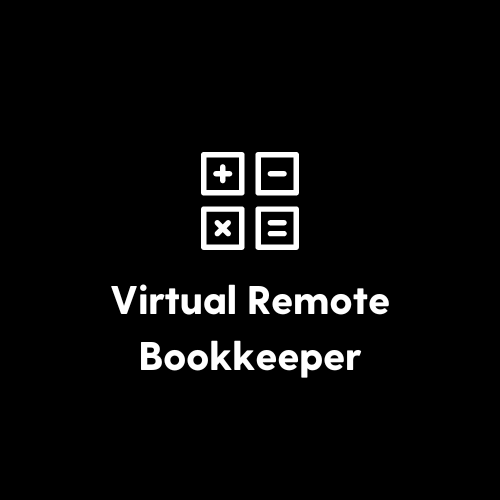
Running a small business comes with its own set of challenges, and managing debt can be one of the most critical. Debt, when used wisely, can be a tool for growth, but unchecked, it can become overwhelming. In this blog, we’ll explore actionable strategies that small business owners can implement to manage debt effectively and ensure long-term financial health.
1. Evaluate Your Current Debt Situation
The first step in managing debt is to take a clear-eyed look at what you owe. Review all your outstanding loans, credit card balances, and any other financial obligations. Create a spreadsheet or use accounting software to track the total amount, interest rates, and due dates. This will give you a complete picture of your current debt load.
Key Actions:
- List all debts, including interest rates and due dates.
- Prioritize high-interest debt for faster repayment.
- Regularly review and update your debt information.
2. Create a Realistic Budget
A well-planned budget is the cornerstone of debt management. It helps you understand your cash flow and allocate funds for debt repayment while covering essential business expenses.
Key Actions:
- Identify fixed and variable costs.
- Allocate a portion of profits specifically for debt repayment.
- Adjust your budget as necessary to reflect changes in revenue or expenses.
3. Negotiate with Lenders
Many small business owners don’t realize that lenders may be open to renegotiating loan terms. If your business is struggling, contact your creditors to discuss options like lower interest rates, extended payment terms, or debt consolidation.
Key Actions:
- Contact lenders proactively to discuss your financial situation.
- Request lower interest rates or extended payment deadlines.
- Consider consolidating multiple loans into a single, more manageable payment.

4. Increase Revenue Streams
Generating more income can help you pay down debt faster. Look for ways to diversify your revenue streams, such as offering new products or services, expanding your customer base, or exploring additional sales channels like e-commerce.
Key Actions:
- Identify new product or service offerings.
- Leverage digital marketing to reach a wider audience.
- Explore partnerships that can boost your sales.
5. Cut Unnecessary Expenses
Cutting costs is one of the quickest ways to free up cash for debt repayment. Review your business expenses and look for areas where you can reduce spending without affecting core operations.
Key Actions:
- Review vendor contracts and negotiate better terms.
- Outsource non-essential tasks or use freelance talent.
- Switch to more cost-effective business tools or software.
6. Build an Emergency Fund
Having an emergency fund is critical for preventing future debt. While building an emergency fund may seem challenging when you’re already dealing with debt, setting aside even a small amount each month can help prevent new debt from accumulating during unexpected downturns.
Key Actions:
- Set aside a small percentage of monthly profits for emergency savings.
- Gradually build this fund over time until it covers at least 3-6 months of expenses.
- Use the fund only in cases of true emergencies, like equipment failure or unexpected downturns.
7. Seek Professional Financial Help
Sometimes, managing debt on your own can feel overwhelming. Seeking help from a financial advisor or accountant can provide you with a fresh perspective and actionable advice on managing your business’s financial health.
Key Actions:
- Hire a certified financial advisor or accountant for professional guidance.
- Consider working with a virtual bookkeeping service to track your finances accurately.
- Develop a long-term financial strategy for debt repayment and business growth.
Conclusion
Managing debt is a necessary skill for every small business owner. By carefully tracking your debt, creating a realistic budget, cutting unnecessary expenses, and seeking professional help when needed, you can regain control over your finances and set your business on the path to success. Remember, debt management is an ongoing process that requires constant attention, but with the right strategies, you can navigate these challenges and thrive.


